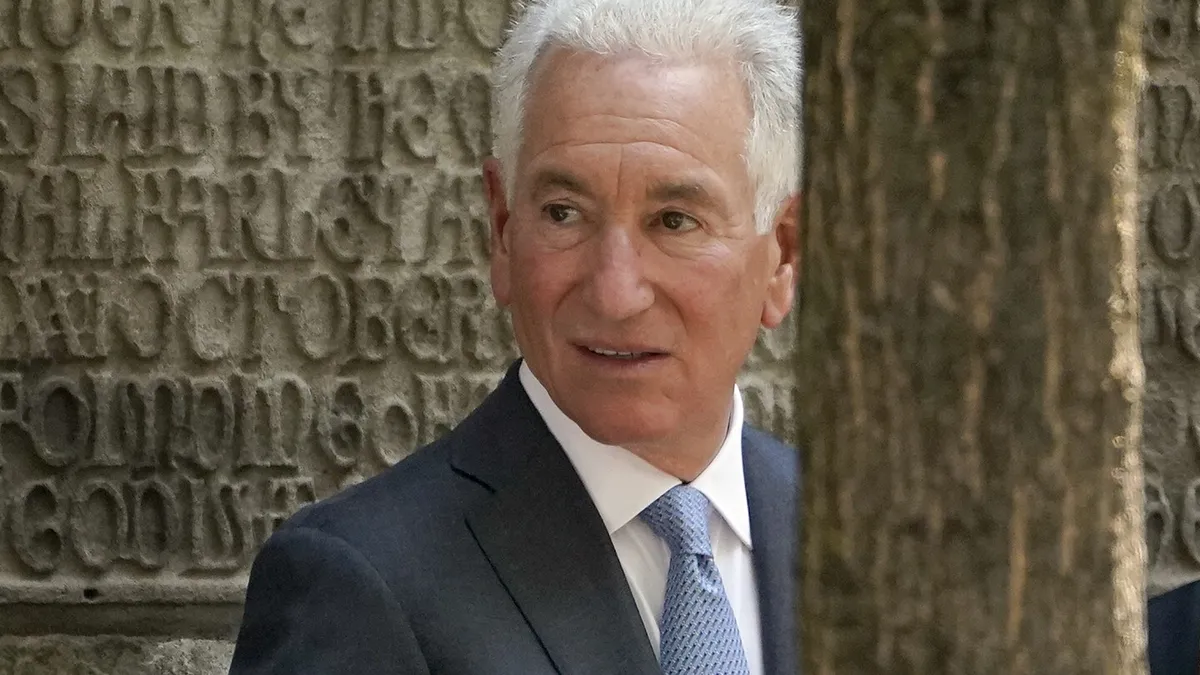
France has summoned the American ambassador to Paris, Charles Kushner, in response to his recent letter directed at French President Emmanuel Macron. In this letter, Kushner alleges that France has not done enough to combat antisemitism, prompting a formal diplomatic response from the French government.
On Sunday, France’s foreign ministry issued a statement confirming that they had summoned Kushner to meet on Monday at the French Ministry for Europe and Foreign Affairs. The ministry condemned his allegations as “unacceptable,” emphasizing that France has been actively working to address rising antisemitic incidents, especially following the recent attack by Hamas on Israel on October 7, 2023.
The White House has not commented publicly on the situation. However, State Department spokesperson Tommy Pigott expressed support for Ambassador Kushner, stating, “Ambassador Kushner is our U.S. government representative in France and is doing a great job advancing our national interests in that role.” This backing highlights the U.S. administration's commitment to maintaining its diplomatic stance.
In his letter, released late on Sunday, Kushner argued that “public statements haranguing Israel and gestures toward recognition of a Palestinian state embolden extremists, fuel violence, and endanger Jewish life in France.” He urged President Macron to take decisive actions, including enforcing hate-crime laws strictly and enhancing the safety of Jewish institutions, such as schools, synagogues, and businesses. Furthermore, he called for abandoning any steps that might legitimize Hamas and its allies.
The French foreign ministry countered Kushner’s claims, asserting that they violate international law and the principles of non-interference in another nation's internal affairs. The ministry stated, “They also fall short of the quality of the transatlantic partnership between France and the United States and of the trust that must prevail between allies.” This underscores the importance of mutual respect in international relations, especially between long-standing allies.
This diplomatic incident follows a week in which Macron rejected accusations from Israeli Prime Minister Benjamin Netanyahu regarding France's intention to recognize a Palestinian state as a catalyst for antisemitism. It is noteworthy that France hosts the largest Jewish community in Europe, with an estimated 500,000 Jews, which represents approximately 1% of the national population, making it the third-largest Jewish population globally, following Israel and the United States.
The summoning of Kushner comes amid ongoing tensions in French-U.S. relations, which have been strained this year due to Trump's trade policies and differing views on U.N. peacekeepers in Lebanon. France has particularly opposed the U.S. efforts to reduce the presence of the peacekeeping force known as UNIFIL, with a crucial vote on the matter scheduled for later this month at the U.N. Security Council.
While the diplomatic rift over Kushner's comments highlights the complexities of international relations, it also reflects the broader geopolitical landscape, including differing positions on support for Ukraine amid its conflict with Russia. Despite these tensions, recent interactions, including Trump’s warm meeting with Macron and other European leaders, suggest a potential easing of divisions as both nations navigate these intricate issues.
In a historical context, it is important to note that Trump pardoned Charles Kushner at the end of his presidency. Kushner, previously convicted of tax evasion and illegal campaign donations, is the father of Jared Kushner, who served as a senior adviser in the Trump administration and is married to Trump’s eldest daughter, Ivanka Trump.